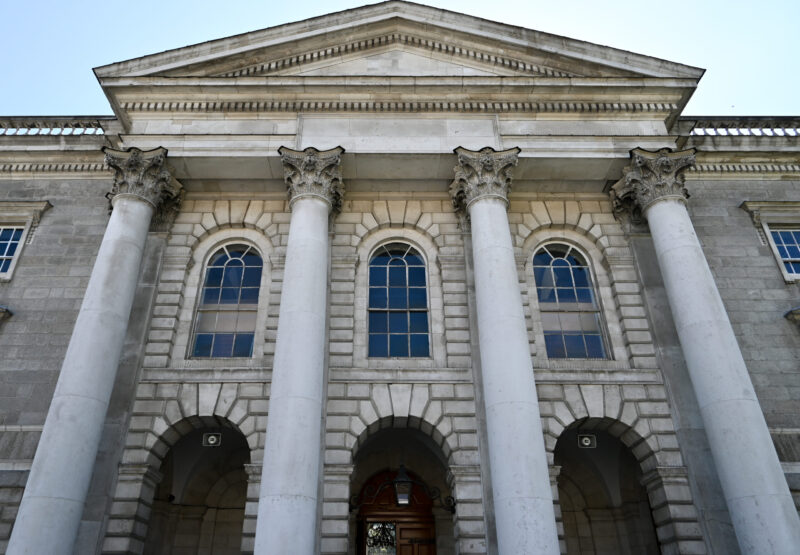Trinity plans to create a Supplemental Charter in an effort to retain legal autonomy from the government.
In a video explaining College’s strategy, Trinity Registrar Neville Cox said that there is “a fundamental difference in principle between us and the government over who has authority to amend Trinity’s charter”.
College is of the opinion that it has the sole right to amend its charter, while the government believes that it also has the authority to change the document that forms the legal basis for the university’s governance.
Cox said that Trinity wishes to amend its charter before the government in order to gain a “first mover” advantage and maintain the principle of College having the sole authority to amend its Charter.
The Supplemental Charter will amend Trinity’s current Charter to bring it into line with the law once the Higher Education Authority (HEA) Bill is enacted.
The HEA Bill proposes reductions in the size of governing authorities of higher education institutions and attaches conditions that must be met to receive state funding.
In an email to the College community, Provost Linda Doyle said: “The HEA Bill, 2022 is currently making its way through the Dáil. The Bill focuses mainly on the role and remit of the HEA but also includes sections on the make-up of the Governing Authority.”
“Certain parts of the Bill are specific to Trinity and we are proposing to handle this through the creation of a Supplemental Charter”.
In Cox’s video, he added that “when the Bill is enacted there will be a clash between what is in the public law of the land and what is in [Trinity’s] Charter”.
“So we need to consider whether and how to amend our charter to bring it in line with the law”.
“The legislation does not need university approval in order to be passed”, he said, “but if Trinity seeks to amend its charter by itself then there must be involvement of the college community”.
Under Section 31 of the Universities Act 1997, the government is forced to accept the Supplemental Charter.
“If that Supplemental Charter is not in conflict with the law as it stands then the government shall, by order, recognise the charter. In other words, it doesn’t have a choice, it must do this.”
He added: “What we are proposing is to submit a Supplemental Charter, amending our charter in line with what is stated in the 2022 Act, after the legislation has passed all stages but before it is signed into law by the President because by doing this we can say that we were the entity that amended our Charter, we went first”.
The Universities Act 1997 also requires that the College community is consulted before a Supplemental Charter is submitted.
Doyle invited “any written submissions you may have in relation to the Supplemental Charter and the draft wording” and said that “the consultation process will also include a specific invitation to the students unions, trade unions, staff associations, the Fellows and the Visitors to make submissions on the draft Supplemental Charter”.
“A Town Hall meeting will be arranged for the coming weeks at which staff and students will be invited to discuss and provide comments on the draft Supplemental Charter”, she added.
The Supplemental Charter will then be finalised and brought to a meeting of College Board in June.







